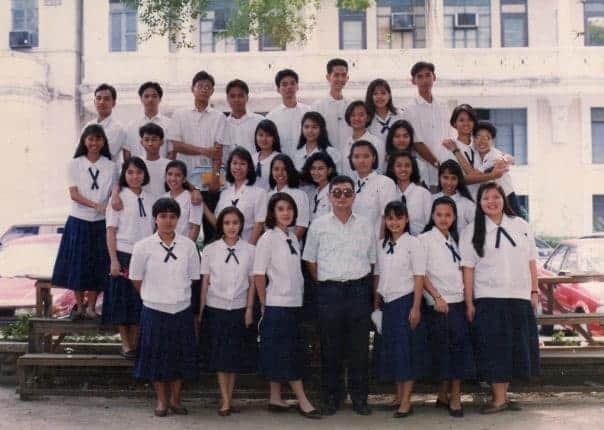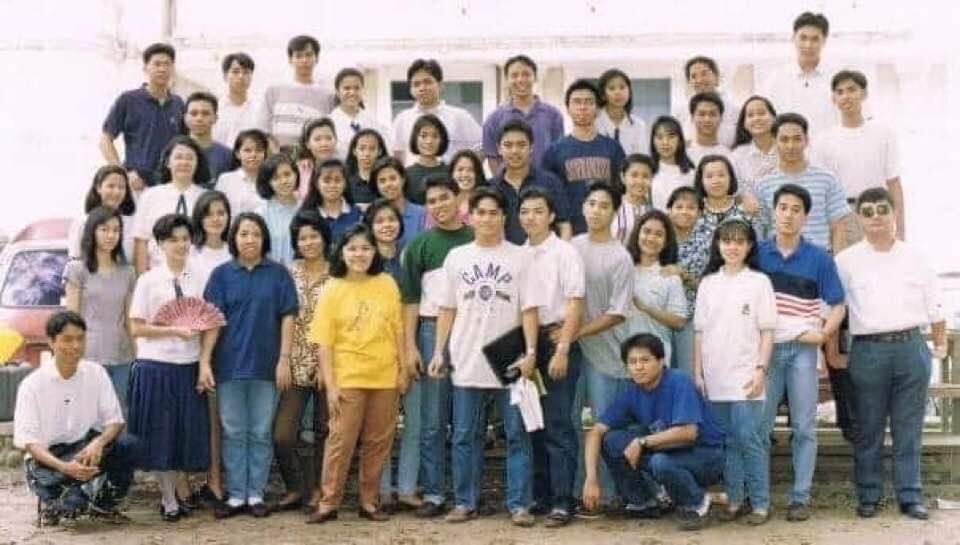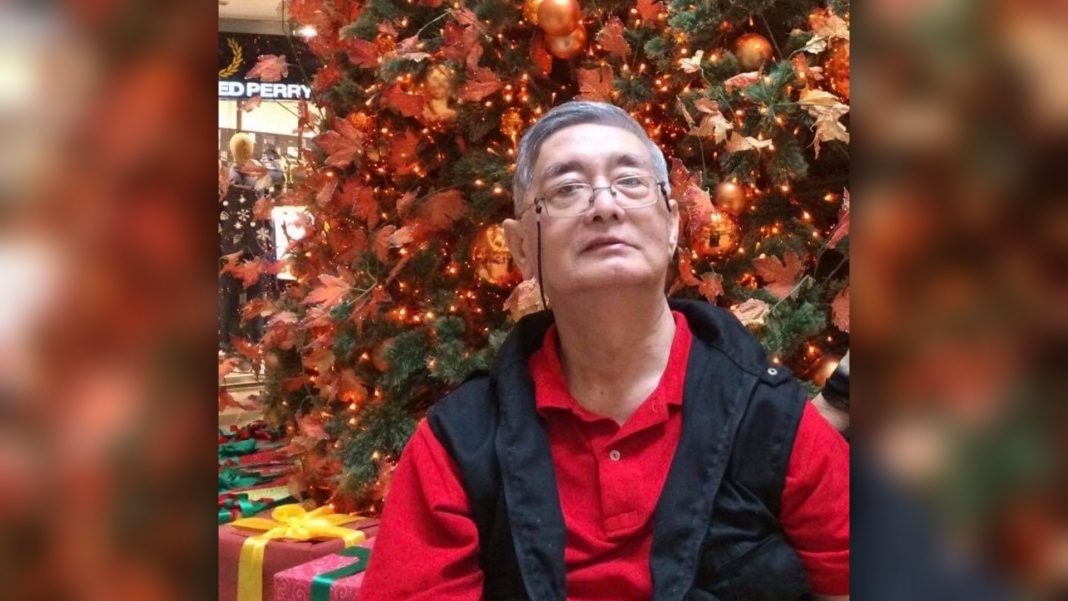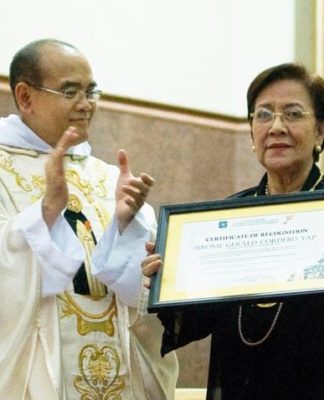FORMER UST Journalism coordinator and long-time Manila Bulletin associate editor Ramon S. Francisco passed away on July 27, 2020 at the age of 72, according to his family.
“Mon,” “Kiko” or “RamFra,” as Francisco’s friends, students and colleagues called him, graduated summa cum laude from the UST Faculty of Philosophy and Letters, precursor of Arts and Letters, in 1967 with a bachelor’s degree in journalism.
That same, year he began twin careers as a newspaperman and college professor in UST, where he taught journalism, political science, English and contemporary world geography. Like many journalism professors, he held classes in the morning, so he could work in the newsroom in the afternoon and evening.
A stroke in December 1996 did not stop Francisco from working. After his recovery he continued his editorial duties at the Bulletin, where he also helmed the magazine Animal Scene.
He retired from teaching in 2003, after 36 years of mentoring a host of Thomasian journalists.
In 2000, Francisco received The Outstanding Thomasian Alumnus Award for media, cited as belonging to a “fine breed of Filipino journalists who have been schooled and formed as responsible, principled and ethical practitioners of journalism.”
James Bond
His students remembered him as a James Bond-like figure who spoke with an English accent, wore shades and brought an umbrella.
“Sir Kiko was every Thomasian journalism student’s idol, he taught us newbies the essentials of journalism,” former Varsitarian news editor Lester Hallig said in a Facebook post.

He liked to call students by the names of celebrities he reminded them of, said Joy Comia, former managing editor of the Varsitarian.
Daughter Bernadette, in a message to Francisco’s former students and colleagues, said: “He loved history and journalism, he would reminisce the golden age while listening to Frank Sinatra singing in the background. He loved watching movies about the world war and of course, James Bond.”
“When he suffered a stroke … all he could think about was getting better in order to go back to work at the Manila Bulletin and UST. He was dedicated to his profession even when another stroke impaired his speech, he carried on because he loved teaching,” she added.
Bernadette said her father regular gave speeches at the annual Teodoro Valencia lectures on Journalism, “never letting his disability get in the way.”
Thomasian blood
Francisco told the Varsitarian in 2011 it was having “Thomasian blood” that pushed him to be a good journalist.
“Para sa aming mga mamamahayag, ang nagbibigay inspirasyon … ay ang propesyon naming naglalayong magbigay impormasyon sa publiko,” he said.
Francisco worked for various national publications — the Evening News, The Manila Times and the Evening Post — before settling at the Manila Bulletin.
He worked with industry heavyweights like Jose Luna Castro, managing editor of the Times, Felix Bautista, Kerima Polotan, Prudencio Europa and Cris Icban.

As a reporter, he was eyewitness to the assassination attempt on Pope Paul VI by a Bolivian artist upon the Pontiff’s arrival in Manila in 1970, and covered the late dictator Ferdinand Marcos’ participation in IMF-World Bank meetings.
Ex-Manila Bulletin reporter and editor Aris Ilagan once described Francisco as “intolerant of grammatical abuse.”
“Once he sees your story, he will get a red ballpen from his pocket, encircle your mistakes and show them to you right away,” he said.
Born on Feb. 17, 1948, Francisco started out as a radio station jockey after finishing high school. In college, Francisco became editor in chief of the Flame, the Artlets student publication.
In a 2002 interview with student-researchers, he said: “I would say that my time as a journalist was very, very interesting, very colorful, and if I were to live my life again, I would exactly do the same thing. Exactly the same thing. I wouldn’t wish for any other [life].”
Editor’s Note: Some information was obtained from a 2002 interview for a journalism oral history project, which can be found here: http://oralhistory.4mg.com/interviews/francisco-ramon.txt
















